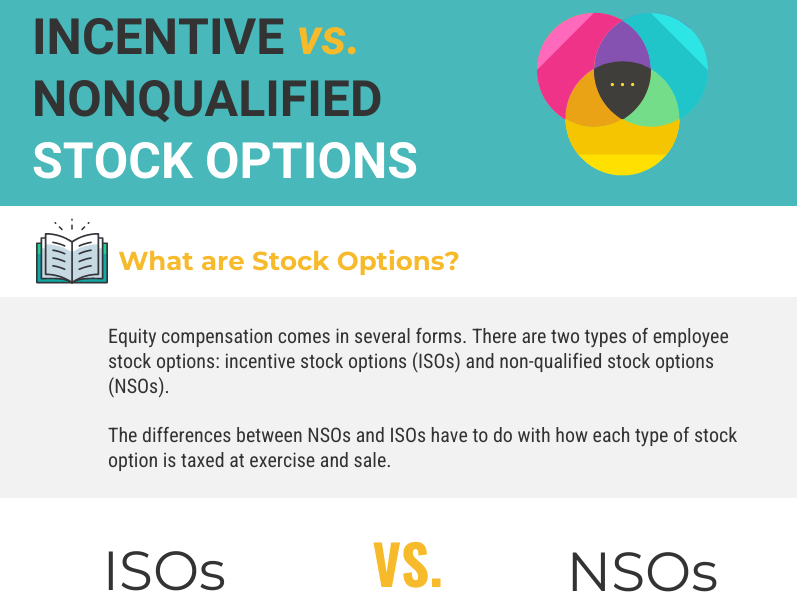
83(b) Election for Stock Options and Restricted Stock
For individuals with stock-based compensation, an 83(b) election has the potential to greatly reduce taxes on stock options or restricted stock. When you purchase unvested
Nonqualified stock options (NQSOs or NSOs) are a type of stock option. When nonqualified stock options are exercised, the individual recognizes ordinary income on the spread between the strike price and the value of the stock at exercise. Learn more about financial and tax planning considerations for NQSOs, such as exercising options, tax planning strategies, Section 1202, considerations during a lock-up, and what to do with the proceeds. The blog also discusses liquidity events such as IPOs, mergers, or acquisitions and what happens to stock if you’re laid off or leave the company. Key insights for founders and executives on strategic stock option planning and strategies to best manage sudden wealth.

For individuals with stock-based compensation, an 83(b) election has the potential to greatly reduce taxes on stock options or restricted stock. When you purchase unvested

What happens to employee stock options or equity compensation if you leave the company? Before giving notice, understand how vested and unvested stock options and

If you work for a private startup, you may be able to exercise your stock options early. Early exercisable stock options means you can exercise

Tax implications of exercising and selling stock options If you have stock options as a large part of your income, taxes are especially important. There

Whether you work for a private company about to IPO or one that’s recently gone public, you may wonder what that means for employees and

Losing your job is stressful. If you’ve been laid off, you may be wondering what will happen to your stock options or restricted stock units.

What’s your post-IPO stock liquidation strategy? Working for a company as it goes public can be a very exciting and rewarding experience. If you have

Stock options or awards can be quite complex. But it’s important to understand how stock options work, especially if it’s a big part of your
Investing your 401(k) in company stock can be quite risky. Although companies are scaling back on the practice, there are still many big U.S. firms